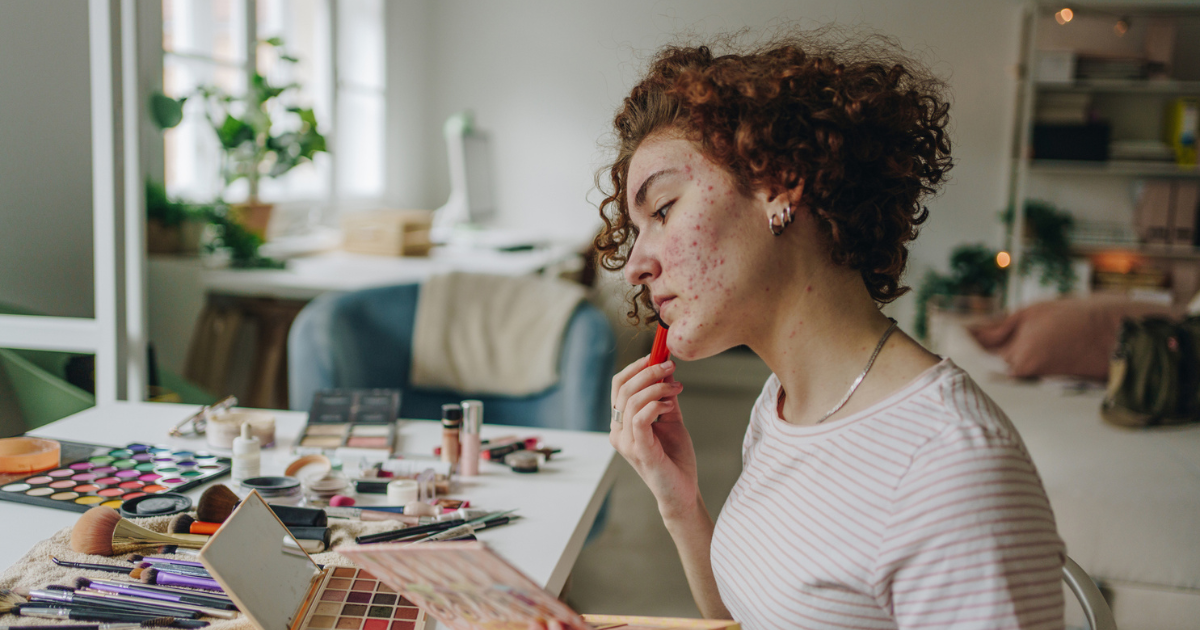You asked, we answered: Can you prevent cystic acne?

Question:
I’m fighting some hormonal chin acne. A few nights ago, I could feel a monster cyst building on my chin. When you feel cystic acne building up, what do you do? Can I prevent this?
Answered by dermatologist Matthew Stephany, MD:
Cystic acne has deeper lesions than typical whiteheads or blackheads. These don’t typically “come to a head.” They can be tender, so patients attempt to squeeze them.
There are several proposed causes of cystic acne. Those with the most direct correlations are hormonal shifts and endocrinologic disorders such as polycystic ovarian syndrome, or PCOS, an increase in androgens and an increase in serum cortisol.
Stress has been associated with worsening cystic acne, but stress also leads to behavioral changes. Maybe that pimple on your cheek wouldn’t necessarily bother you, but it’s been a long week, and now you find yourself squeezing it. Squeezing causes more inflammation and worsens the acne lesion.
The best prevention of cystic acne is to maintain a strict skincare regimen. This includes, at a minimum, facial cleanser, antimicrobial and retinoid. Cystic acne treatment starts with a topical regimen and typically requires oral therapies. Facial cleansers include benzoyl peroxide or salicylic acid. Retinoids come in topical or oral options and can be over the counter or prescription. Tretinoin is the most commonly prescribed topical retinoid used to prevent acne, while antimicrobials work as spot treatments.
Cystic acne in teens and adults can clear up on its own, however, some adults continue to struggle with it throughout their lives. An additional oral medication for acne, specifically in women, is spironolactone; this is typically a diuretic medication that exerts its effects on hormones contributing to acne.
Questions regarding rashes, acne, concerns with specific parts of the body, and consultations for skin care or cosmetic concerns can all be addressed via a video visit. Video visits allow for a real-time video conversation between you and a dermatology provider. Give us a call at 800.992.000 or schedule online.





